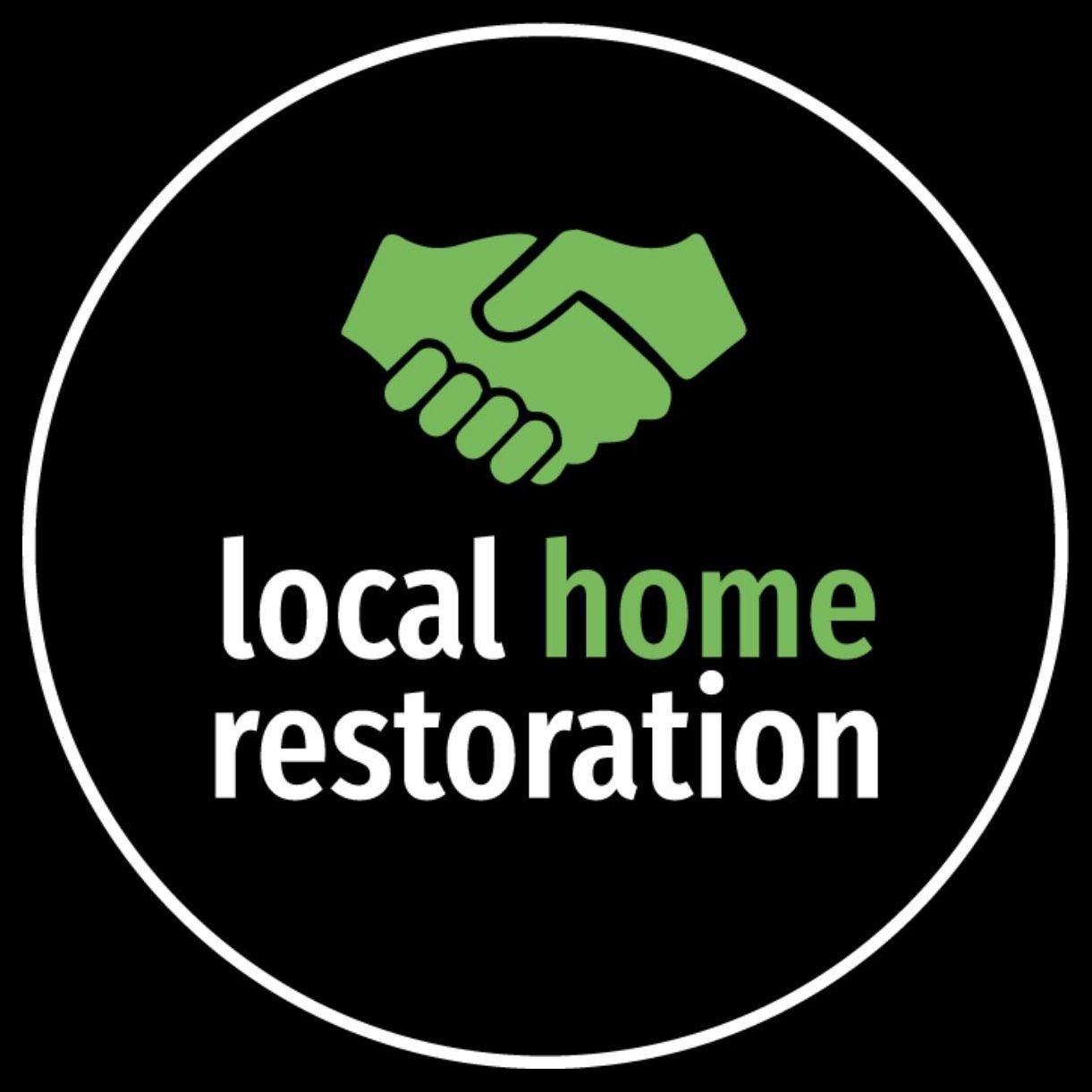FAQs
Local Home Restoration
Have a restoration-related question? We have the answer. Check out these FAQs and give us a call today for more information!
Can I handle water or mold remediation myself?
While handling very small areas of water and mold related damages are an option to handle yourself, more extensive areas require the expertise and equipment of a trained professional to ensure the safety of your property. Our technicians are trained on the appropriate protocols to handle the specific needs of the situation and we have the necessary equipment, cleaning agents and protective gear to effectively restore your property. If you're looking for expert water damage companies in Greenville, SC you can count on, be sure to contact Local Home Restoration.
My hardwood floors have water damage. Are they ruined?
Not necessarily! Many factors determine if your water damaged hardwoods can be salvaged, including how recent the damage is, the category of water, how extensive the damage is, etc. When you have water damage in Greenville, SC, our team can assess these factors and make the best recommendation for your specific situation. Should we determine the floors are salvageable we have specific drying technology we can deploy to remove the excess moisture and often times save your flooring.
How do I know if I have water damage in my home or business?
Detecting water damage in your home early is crucial to prevent further issues like mold or structural problems. Here are signs to watch for:
- Visual Signs: Look for stains or discoloration on walls or ceilings, peeling or bubbling paint/wallpaper, and sudden cracks in walls or ceilings.
- Unusual Smells: Musty odors are often a signal of mold or mildew caused by water damage.
- Physical Indicators: Soft or spongy floors, rust or corrosion, and sagging ceilings can be signs of water damage.
- Unexplained Utility Changes: Increased water bills or decreased water pressure can indicate hidden leaks in your plumbing.
- Mold Growth: Black, green, or white patches, especially in damp or poorly ventilated areas, often accompany water damage.
If you have water damage in Greenville, SC, don’t wait—reach out to our team at Local Home Restoration today to ensure prompt and professional repairs.
Is my water or mold damage covered by insurance?
In many cases, yes. According to This Old House, approximately 25% of all home insurance claims are related to water damage. That said, it depends on the cause of the damage and the specifics of your specific insurance policy. Generally speaking, sudden and accidental damage is covered, but long standing and/or negligent damage could be denied by your carrier. If you're dealing with water damage in Greenville, SC, our team of professionals can help you navigate the complexities related to insurance coverage and ensure you get the support you need.
Will my home or business be ruined by water damage?
The extent of water damage and whether it'll "ruin" your property depends on the severity, location, and timing of the response. Water damage can range from minor issues to severe structural problems, but most damage can be repaired if caught and handled promptly. If you notice signs of water damage in Greenville, SC, don’t hesitate to reach out to our experts for fast, professional restoration services.
How do I know if my home or business has mold?
Mold can develop quickly (48-72 hours) after water exposure and may cause both health risks and property damage. If you've experienced water damage in Greenville, SC, keep an eye out for these potential signs of mold growth:
- Visible Mold Growth: Mold often appears as black, green, white, or brown spots or patches on surfaces.
- Musty Odors: Mold often produces a distinctive musty or earthy smell. If you notice persistent odors, even after cleaning, it could indicate hidden mold growth.
- Signs of Water Damage: Mold thrives in moist environments. If you've had water damage or noticed signs of water damage, mold could be growing.
- Health Symptoms: Mold exposure can trigger allergy-related symptoms such as sneezing, runny nose, itchy eyes, or skin irritation, as well as respiratory symptoms like coughing, wheezing, or shortness of breath.
Persistent symptoms that improve when you leave the property could indicate mold. If you suspect mold, even if you can't locate it, our professionals can provide an assessment using moisture meters, hygrometers and thermal imaging to detect potential hidden mold. We can also help identify the type of mold and provide a remediation plan.


Share On: